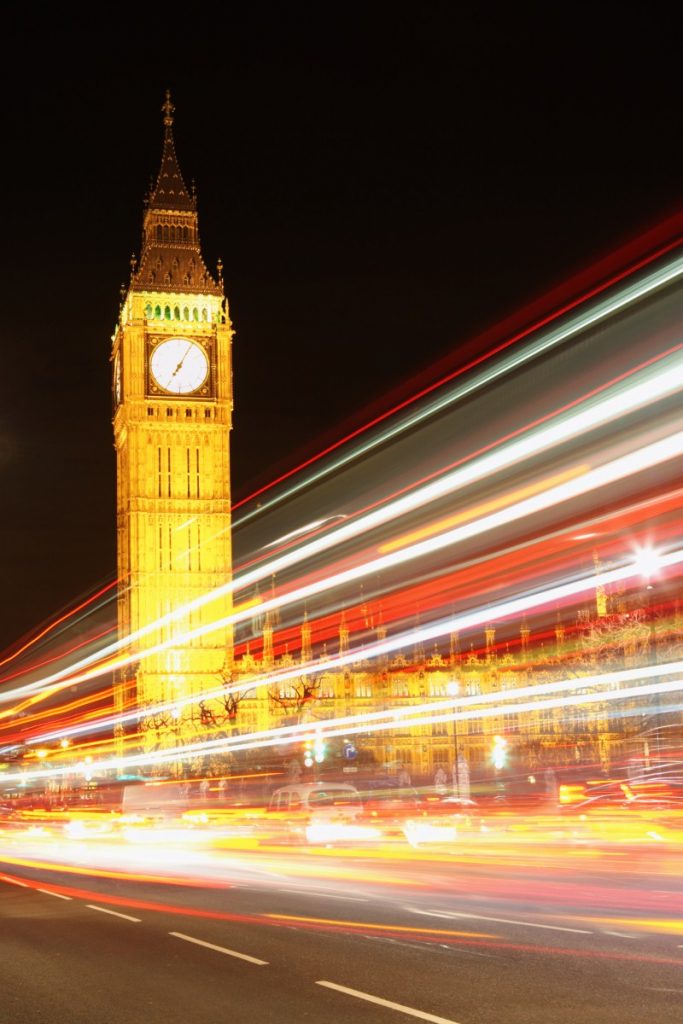Gay marriage bill passes final Commons hurdle
The bill allowing same-sex marriage has passed its final Commons vote by 366 votes to 161 – a majority of 205.
One hundred and thirty six Tory MPs opposed the bill against 123 in favour, meaning a majority of the Conservative party voted against the legislation.
The bill will now go to the Lords for further scrutiny.
Assuming the Lords does not reject the bill, England and Wales could see gay marriages as early as next summer.


MPs also debated an amendment backed by the British Humanist Association (BHA) which would have recognised their officials as valid conductors of marriage ceremonies.
Currently, humanist ceremonies must still be made legally valid by a trip to the registry office, unlike in Scotland, where they have had full legal recognition since 2005.
But attorney general Dominic Grieve said any such move could contradict European human rights legislation.
"There is a serious defect in the amendment that has been presented to this House, because it would have the consequence – which I think is quite obvious when you look at it – that because of the discriminatory nature of the favour it gives to humanists, as opposed to other secular organisations, that it would have the consequence of making it incompatible with the [European] Convention [on Human] rights," he said.
Shadow equalities minister Kate Green said the fact the change had already been in place for several years in Scotland suggested the attorney general was over-reacting.
"It may be challengeable under the Convention, but I don't think we have any evidence at all that such a challenge would be successful," she said.
Supporters of the amendment expressed irritation when culture secretary Maria Miller said it could function as a 'wrecking amendment' to the gay marriage bill – an accusation she last used yesterday, albeit with more justification, on demands for civil ceremonies for heterosexual couples.
Supporters eventually withdrew the amendment after it became clear it had no chance of succeeding.

